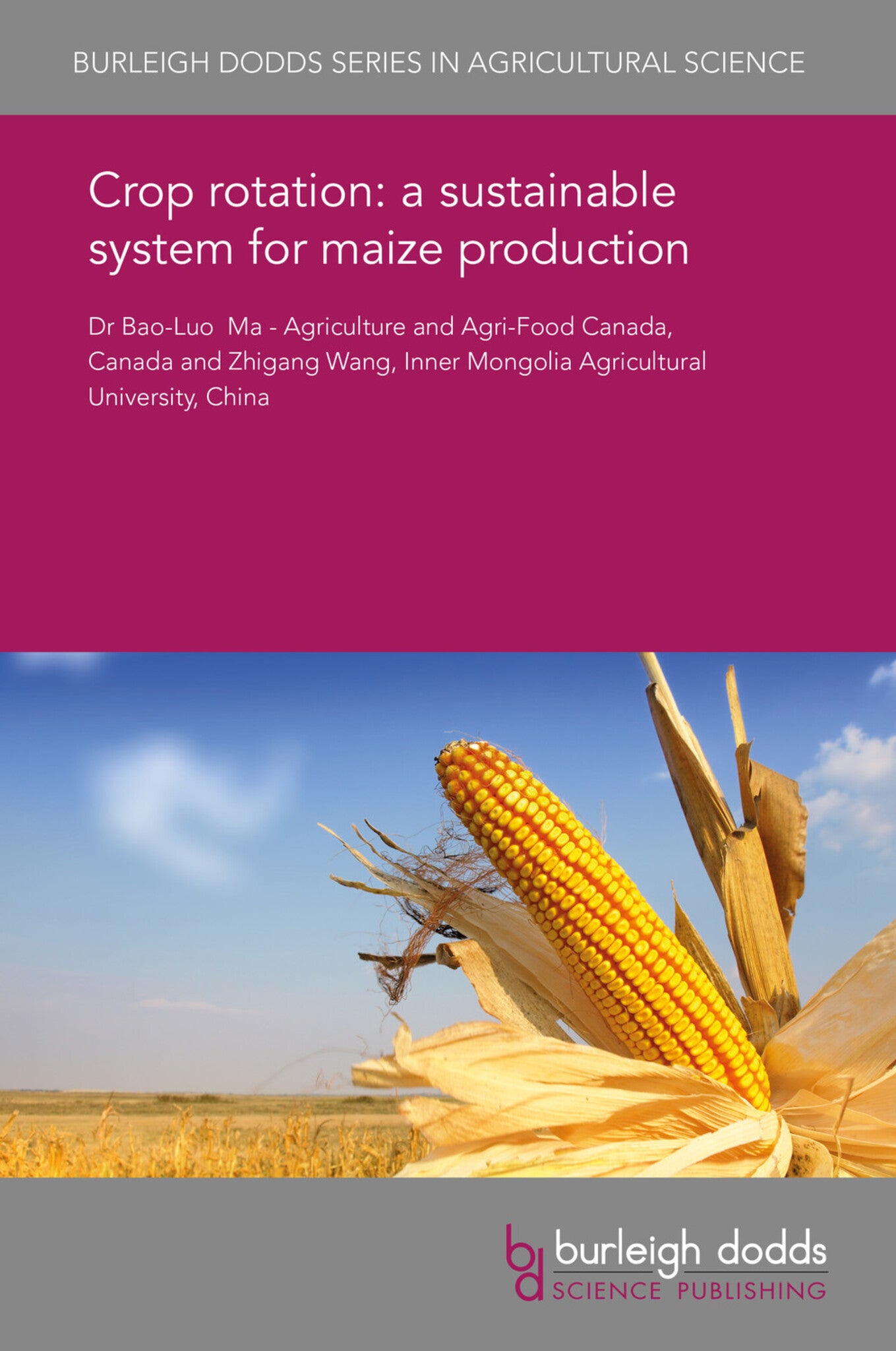We're sorry. An error has occurred
Please cancel or retry.
Crop rotation: a sustainable system for maize production

Some error occured while loading the Quick View. Please close the Quick View and try reloading the page.
Couldn't load pickup availability
- Format:
-
31 March 2017


TECHNOLOGY & ENGINEERING / Agriculture / Sustainable Agriculture, Agronomy and crop production, TECHNOLOGY & ENGINEERING / Agriculture / Agronomy / Crop Science, Agricultural engineering and machinery, Sustainable agriculture, Organic farming

1 Introduction: escalating global food demand and environmental challenges
2 The simplification of cropping systems and associated problems for sustainability
3 Yield enhancement in maize-legume rotation systems
4 The impact of crop rotation on soil quality
5 The impact of crop rotation on soil fertility and nutrient use efficiency
6 Additional benefits of maize-legume rotation
7 Summary and future perspectives
8 Where to look for further information
9 Acknowledgements
10 References



